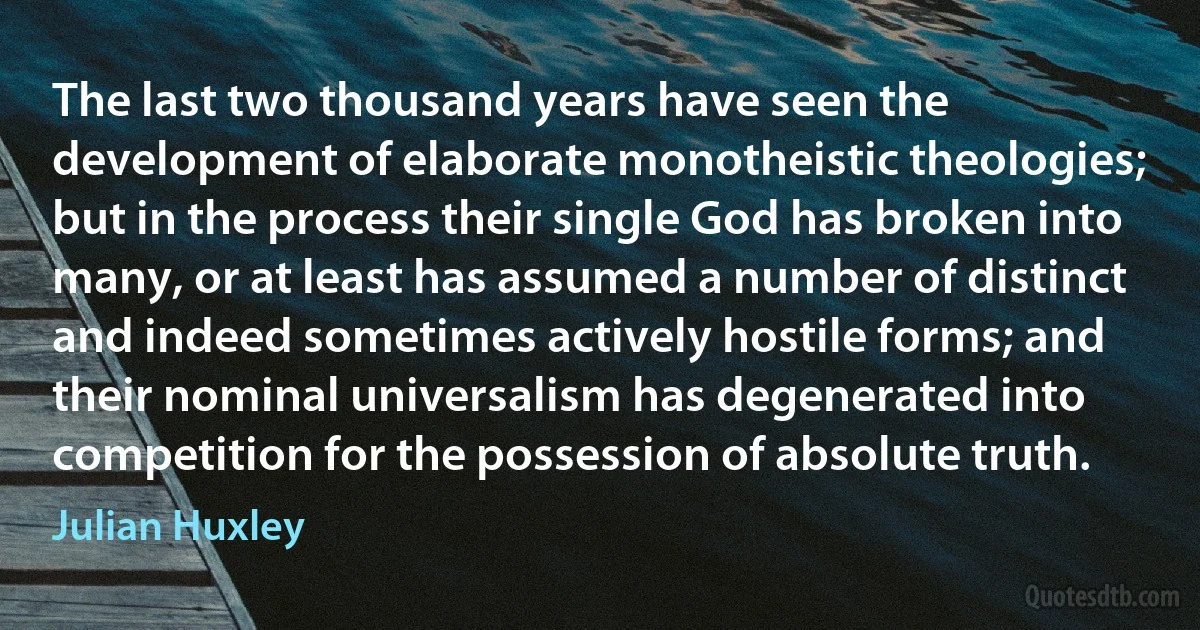Nominal Quotes
Most of my colleagues go on backpacking trips when they have to do some thinking. I go to a good hardware store and head for the oiliest, dustiest corners. ... If they're really good, they don't hassle me. They let me wander around and think. Young hardware clerks have a lot of hubris. They think they can help you find anything.... Old hardware clerks have learned the hard way that nothing in a hardware store ever gets bought for its nominal purpose. You buy something that was designed to do one thing, and you use it for another.

Neal Stephenson
Certainly no nation ever before abandoned to the avarice and jugglings of private individuals to regulate according to their own interests, the quantum of circulating medium for the nation - to inflate, by deluges of paper, the nominal prices of property, and then to buy up that property at 1s. in the pound, having first withdrawn the floating medium which might endanger a competition in purchase. Yet this is what has been done, and will be done, unless stayed by the protecting hand of the legislature. The evil has been produced by the error of their sanction of this ruinous machinery of banks; and justice, wisdom, duty, all require that they should interpose and arrest it before the schemes of plunder and spoliation desolate the country.

Thomas Jefferson
I am not able to understand how it can be correctly said in a legal sense, that an action will not lie even in the case of a wrong or a violation of a right, unless it is followed by some perceptible damage which can be established as a matter of fact; in other words, that injuria sine damno is not actionable. On the contrary, from my earliest reading I have considered it laid up among the very elements of the common law, that wherever there is a wrong there is a remedy to redress it; and that every injury imports damage in the nature of it; and if no other damage is established, the party injured is entitled to a verdict for nominal damages.

Joseph Story
A standard of reference for the arrangement of the stars may be had by comparing their distribution to a certain properly modified equality of scattering. The equality which I propose does not require that the stars should be at equal distances from each other, nor is it necessary that all those of the same nominal magnitude should be equally distant from us.

William Herschel
Keynesian economics is the economics of nominal rigidities basically, nominal rigidities everywhere. Fully anticipated money does affect output. Everybody can see that! So, it's right. The fact that it's not as theoretically tidy as Lucas's 1972 Journal of Economic Theory paper is not a reason to throw it away. That's become a minority view in this profession, unfortunately. It wouldn't have been in the '60s.

Alan Blinder
Beware, lastly, of imagining you shall obtain the end without using the means conducive to it. God can give the end without any means at all; but you have no reason to think He will. Therefore constantly and carefully use all those means which He has appointed to be the ordinary channels of His grace. Use every means which either reason or Scripture recommends, as conducive (through the free love of God in Christ) either to the obtaining or increasing any of the gifts of God. Thus expect a daily growth in that pure and holy religion which the world always did, and always will, call "enthusiasm;” but which, to all who are saved from real enthusiasm, from merely nominal Christianity, is "the wisdom of God, and the power of God;” the glorious image of the Most High; "righteousness and peace;” a "fountain of living water, springing up into everlasting life!”.

John Wesley
For a period of roughly 35 years, Keynesian theory provided a central paradigm for macroeconomists, and considerable progress was made on several empirical fronts. It was widely recognized that some of the ingredients of Keynesian economics (e.g. money illusion and/or nominal wage rigidity) rested on slender to non-existent microtheoretic foundations; and there were always dissenters. But, thought of as a collection of empirical regularities that fit together into a coherent whole, the theory worked tolerably well. In the 1970s, however, the Keynesian paradigm was rejected by a great many academic economists, especially in the United States, in favour of what we now call new classical economics. By about 1980, it was hard to find an American academic macroeconomist under the age of 40 who professed to be a Keynesian. That was an astonishing intellectual turnabout in less than a decade, an intellectual revolution for sure.

Alan Blinder
For both long and short periods there is a consistent though not precise relation between the rate of growth of the quantity of money and the rate of growth of nominal income. If the quantity of money grows rapidly, so will nominal income, and conversely. The relation is much closer for long than for short periods.

Milton Friedman
Over short periods, the relation between growth in money and growth in nominal income is often hard to see, partly because the relation is less close for short than for long periods, but mostly because it takes time for changes in monetary growth to affect income. And how long a time is itself variable. Today's income growth is not closely related to today's monetary growth; it depends on what has been happening to money in the past. What happens to money today affects what is going to happen to income in the future.

Milton Friedman
The model retains the uncomfortable property that any increase in demand for home output ... leads to nominal and real appreciation... The uncomfortable fact remains that even in this model there is a short-run tendency for an expenditure increase to induce an appreciation... Expansionary fiscal policy will lead to an initial depreciation of the nominal and real exchange rate if ... (it) is accommodated by an expansion in nominal money.

Rudiger Dornbusch
Government spending cannot create additional jobs. If the government provides the funds required by taxing the citizens or by borrowing from the public, it abolishes on the one hand as many jobs as it creates on the other. If government spending is financed by borrowing from the commercial banks, it means credit expansion and inflation. If in the course of such an inflation the rise in commodity prices exceeds the rise in nominal wage rates, unemployment will drop. But what makes unemployment shrink is precisely the fact that real wage rates are falling.

Ludwig von Mises
The spurious axioms of the third kind from conditions proper to the subject whence they are transferred rashly to the object are plentiful, not, as in those of the Second Class, because the only way to the intellectual concept lies through the sensuous data, but because only by aid of the latter can the concept be applied to that which is given by experience, that is, can we know whether something is contained under a certain intellectual concept or not. To this class belongs the threadbare one of the schools: whatever exists contingently does at some time not exist. This spurious principle springs from the poverty of the intellect, having insight frequently into the nominal, rarely into the real, marks of contingency or necessity.

Immanuel Kant
The various structures of sentences in any given language, comprising for example at least two nominal pieces and a verbal piece must be collated, and such categories as voice, mood, affirmative, negative, tense, aspect, gender, number, person and case, if found applicable and valid in descriptive statement, are to be abstracted from, and referred back to the sentence as a whole.

John Rupert Firth



